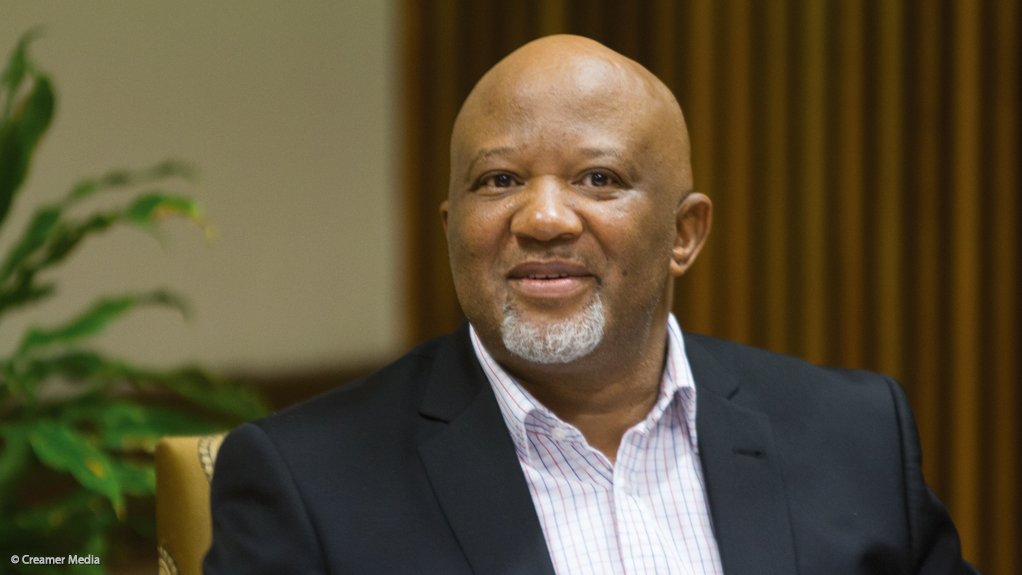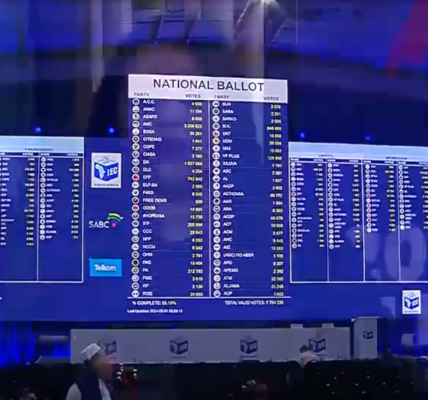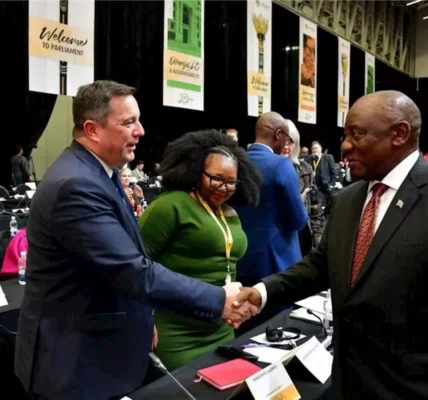MTN’s US terrorism lawsuits may put Investec and Deloitte at risk

Africa’s largest telecoms group, MTN, is facing legal challenges under the United States Anti-Terrorism Act (ATA), which could have significant repercussions for its strategic partners, Deloitte and Investec, according to a terrorism law expert.
Professor Jeffrey Breinholt, a former senior official at the US Department of Justice, has warned that MTN’s partners, including the reputable firms Deloitte and Investec, may face legal scrutiny if the telecoms company’s involvement in operations in Iran is deemed substantial.
The controversy centres on a contract to provide telecoms services in Iran, which began in 2005 through its joint venture, MTN Irancell.
Plaintiffs in the US cases include individuals whose loved ones were killed in Afghanistan and Iraq during the US military presence. They argue that MTN facilitated communication for the Iranian Revolutionary Guard Corps, thereby aiding terrorists in orchestrating attacks.
In an interview, Professor Breinholt told National Security News that strategic partners of the African company “could also be sued by the same plaintiffs if their level of responsibility in assisting MTN vis-à-vis the Iranians was significant.”
Multinational groups targeted by plaintiffs
Around 30 to 40 per cent of ATA cases are frivolous, involving individuals who misunderstand the law, according to Professor Breinholt. He adds that a large percentage of these cases involve social media companies, which enjoy immunity from such legal actions.
“So, even though social media companies have deep pockets, they are immune from this type of liability, which is why they have largely avoided lawsuits,” says Professor Breinholt.
However, when it comes to multinational companies, he cautions: “If they engage with designated terrorist groups, they will likely be sued by victims of terrorism, just as is happening with MTN.”
Concerns over MTN’s financial disclosures
The group has also been scrutinised for the quality of its disclosures regarding US terrorism litigation in its latest annual financial statements.
In its statements, MTN described the five ATA cases in the US as having been assessed as ‘remote’; therefore, no contingent liabilities were disclosed.
Professor Breinholt says this statement appears to be misleading, suggesting that the company’s claim that the risk is ‘remote’ carries implications of potential securities fraud.
In response, MTN has stated it will not be commenting, citing the ongoing legal proceedings.
MTN link could hamper new US envoy Mcebisi Jonas

The controversy has also raised questions about the suitability of MTN chair Mcebisi Jonas as South Africa’s new envoy to Washington. Critics argue that Jonas’s ties to Iranian operations could escalate tensions with the Trump administration, which views Iran as a hostile state.
Jonas’s past remarks about President Donald Trump, in which he referred to him as a racist, homophobe, and narcissistic right-winger, could also pose challenges. Jonas defended his comments, explaining that he was speaking as an activist at the time and that “people move on.” He also pointed out that President Trump’s own Republican Party had previously been vocal in its criticism of him.
Jonas said he is now focusing on the “task at hand” of resetting relations with Washington.
South African presidential spokesperson Vincent Magwenya said the US should not be concerned. Magwenya emphasised the need to distinguish between MTN’s investment in Iran’s telecoms sector and the country’s leadership and political establishment.
Beyond legal risks, the controversy surrounding MTN’s Iranian ties adds another layer of complexity to the Ramaphosa government’s problematic ties with Washington.



















































































































































































































































































